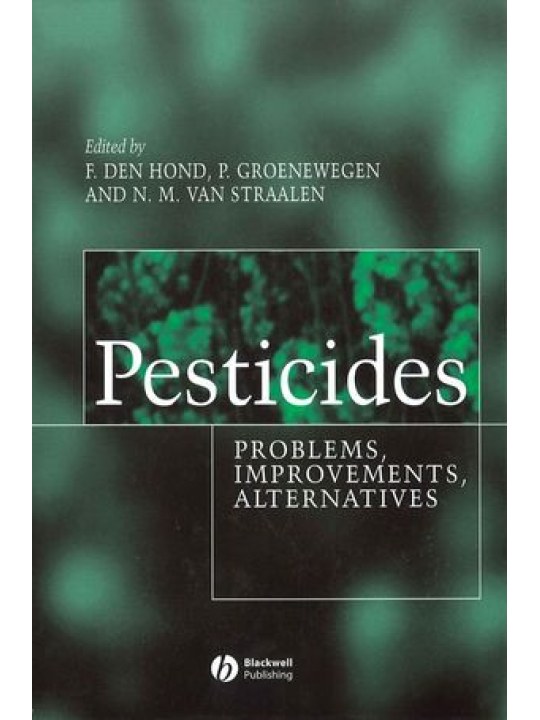Pesticides: Problems, Improvements, Alternatives
Pesticides: Problems, Improvements, Alternatives
Frank Den Hond (Editor), Peter Groenewegen (Editor), Nico van Straalen (Editor)
Hardcover
272 pages
January 2003
Το έχεις διαβάσει; Γράψε πρώτος μια αξιολόγηση!
Περιγραφή
Σχετικές κατηγορίες
Άμεσα διαθέσιμο
- Τιμή ΕΜΒΡΥΟ: 220,86€
- 208,36€ + ΦΠΑ 6%

